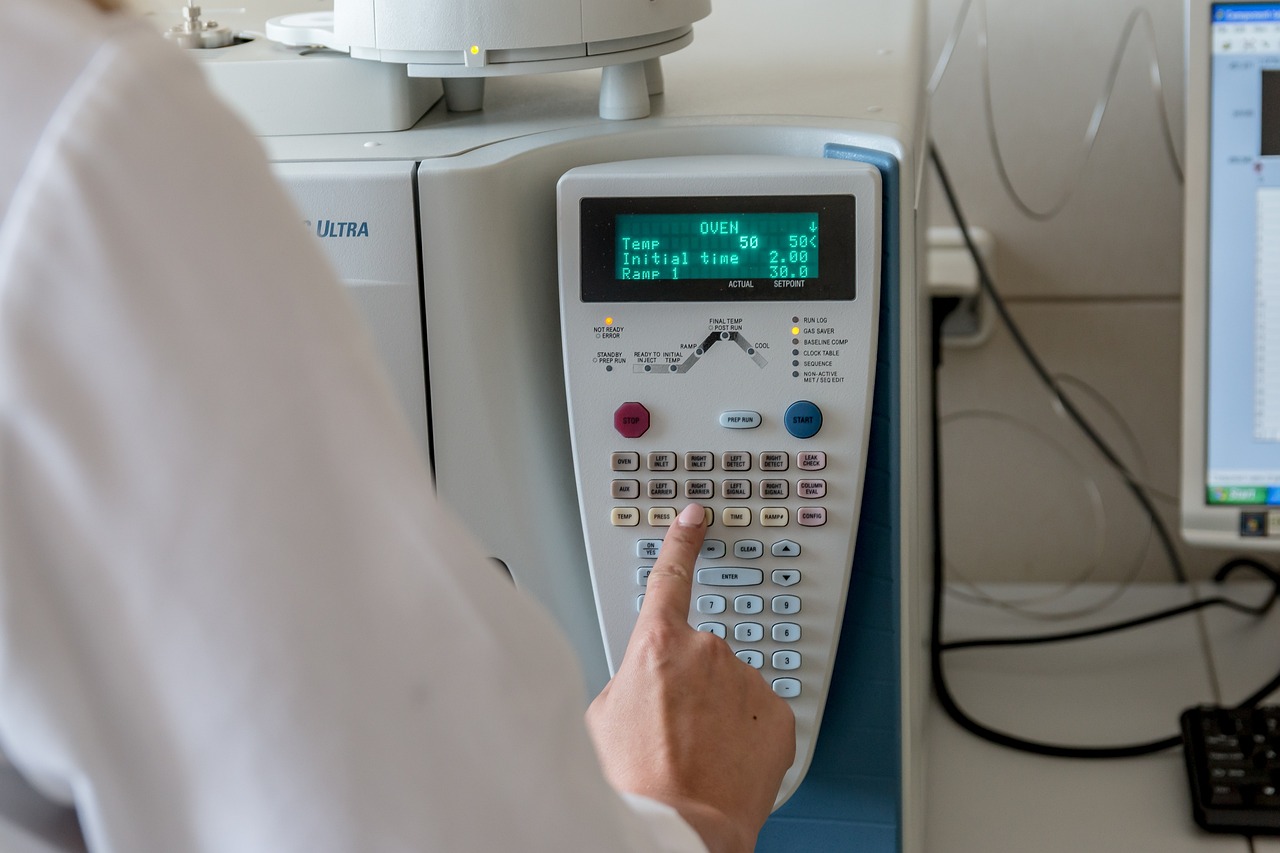Holistic Approaches to Pain Management: Mind-Body Therapies
Pain management encompasses a range of techniques and approaches aimed at alleviating or reducing pain experienced by individuals. It involves a multidisciplinary approach that may include medication, physical therapy, psychological interventions, and lifestyle modifications. The goal of pain management is not only to provide relief from pain but also to improve overall quality of life for those dealing with chronic or acute pain conditions.
Effective pain management is tailored to the individual, taking into account the type of pain, its underlying causes, and the specific needs and preferences of the person experiencing it. It involves a collaborative effort between healthcare providers and patients to develop a comprehensive treatment plan that addresses both the physical and emotional aspects of pain. By working together to address pain from various angles, individuals can experience improved pain control and better overall well-being.
Understanding the Mind-Body Connection
The mind and body are intricately connected in ways that impact our overall well-being. Research suggests that our thoughts, emotions, and mental state can significantly influence our physical health and how we experience pain. For example, chronic stress or anxiety can exacerbate pain perception, while a positive mindset and relaxation techniques may help alleviate discomfort.
Understanding the mind-body connection involves recognizing the power of our thoughts and emotions on our physical sensations. By learning to manage stress, cultivate mindfulness, and practice relaxation techniques, individuals may be able to enhance their pain management strategies. Integrating mental health practices into traditional pain management approaches can lead to a more holistic and effective treatment plan for individuals dealing with various types of pain.
The Role of Meditation in Pain Management
Meditation has long been recognized as a valuable tool in pain management. By focusing on mindfulness and relaxation techniques, individuals experiencing pain can often find relief and a sense of calm. The practice of meditation can help redirect the brain’s attention away from the sensation of pain, allowing for a reduction in overall discomfort.
In addition to providing immediate relief from pain, regular meditation practice can also lead to long-term benefits in managing chronic pain conditions. By incorporating meditation into a daily routine, individuals may experience a heightened sense of self-awareness and emotional regulation, which can positively impact their perception and tolerance of pain over time.
• Meditation helps individuals focus on mindfulness and relaxation techniques
• It can redirect the brain’s attention away from pain sensation
• Provides immediate relief from pain
• Leads to long-term benefits in managing chronic pain conditions
• Enhances self-awareness and emotional regulation
What is pain management?
Pain management involves the use of various techniques and therapies to alleviate or reduce pain, improve physical function, and enhance quality of life for individuals dealing with acute or chronic pain.
How does meditation help with pain management?
Meditation helps with pain management by promoting relaxation, reducing stress and anxiety, increasing pain tolerance, and improving the mind-body connection. It can also help individuals develop a better understanding and acceptance of their pain.
What is the mind-body connection and why is it important in pain management?
The mind-body connection refers to the relationship between our thoughts, emotions, and physical health. It is important in pain management because our mental and emotional state can have a significant impact on how we perceive and experience pain.
How can someone incorporate meditation into their pain management plan?
Someone can incorporate meditation into their pain management plan by setting aside dedicated time each day to practice meditation, finding a quiet and comfortable space to meditate, using guided meditation techniques, and staying consistent with their practice.
Are there different types of meditation that can be used for pain management?
Yes, there are various types of meditation that can be used for pain management, including mindfulness meditation, loving-kindness meditation, body scan meditation, and focused breathing techniques. It’s important to find a type of meditation that resonates with you and fits into your lifestyle.







